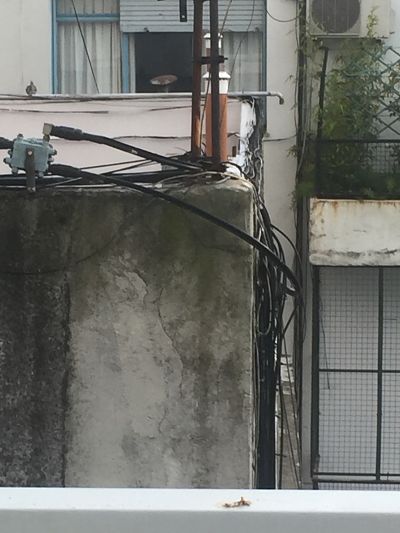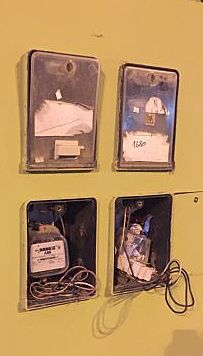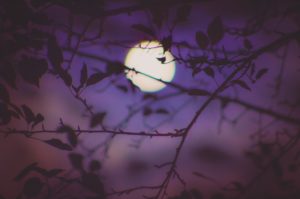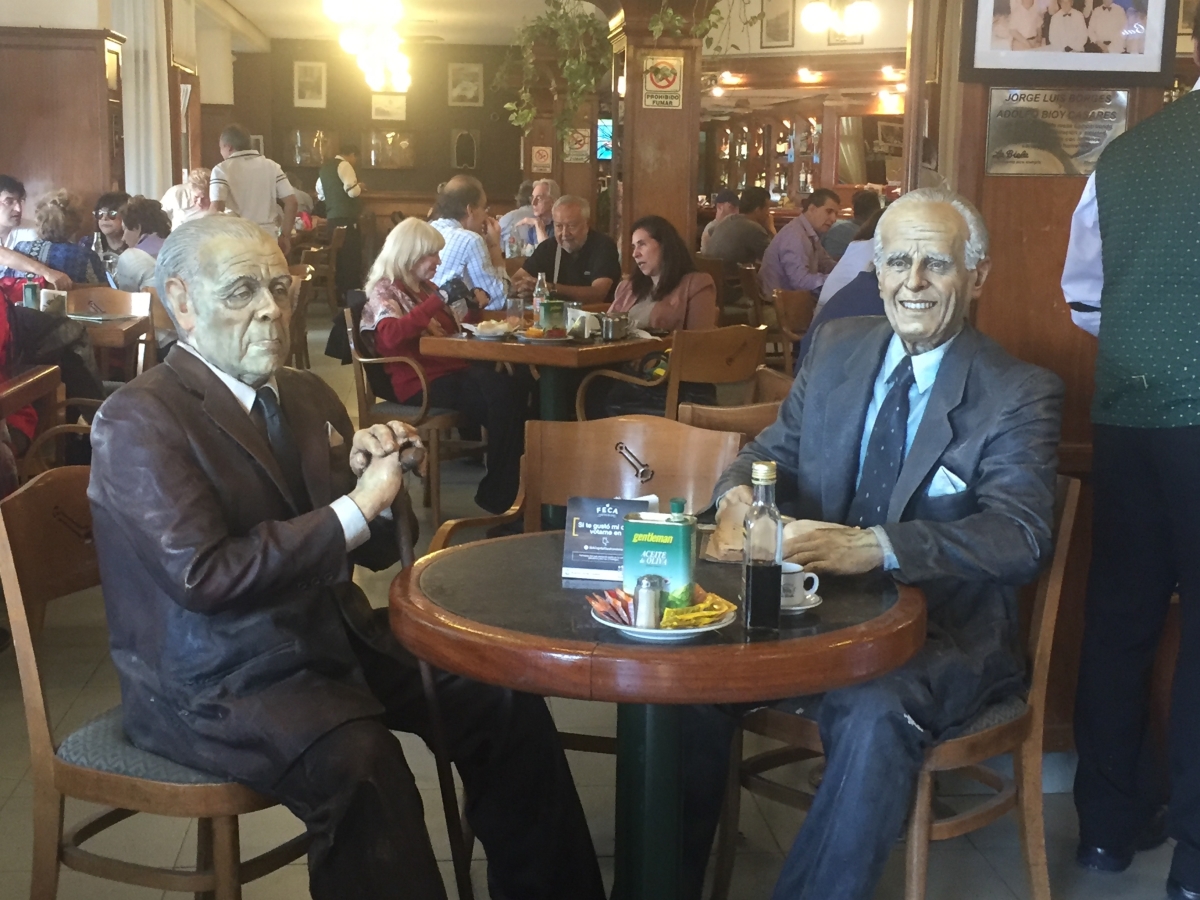One of the pleasures and also the problems of travel to another country is that each simple transaction is slightly mystifying: the language, the currency, the customs. Your habits are left at home with the clothes in your closet, and everything is fresh and surprising.
As one small, graphic example, the electrical apparatus of Buenos Aires is alarmingly slapdash.


Wires hang in clumps along the main boulevards, and in tangles behind the apartment buildings.
It has a certain charm, but also makes one wonder what the next big storm will bring.
In the same way, being in a new environment without the protection of your accustomed routine has a certain liberating effect but can also be profoundly disconcerting. It usually leads to at least one day where everything goes wrong.
We had one of those days when we left Buenos Aires–Larry discovered he had lost his bankcard, I grabbed wrong bag at the airport, and we spent the rest of the day unravelling these problems mostly in Spanish with phone systems that would not cooperate.
But these minor pains were salved by reading Borges’ lecture on his blindness which includes this paragraph, translated eloquently by Eliot Weinberger: Continue reading “Bumpy” →
 The Moon
The Moon

 After that, we decided to eat in the outdoor area under the shade of a huge banyan tree. The park by the cafe was filled with vendors, strolling families, musicians and a vendor ingeniously displaying his feather dusters.
After that, we decided to eat in the outdoor area under the shade of a huge banyan tree. The park by the cafe was filled with vendors, strolling families, musicians and a vendor ingeniously displaying his feather dusters.